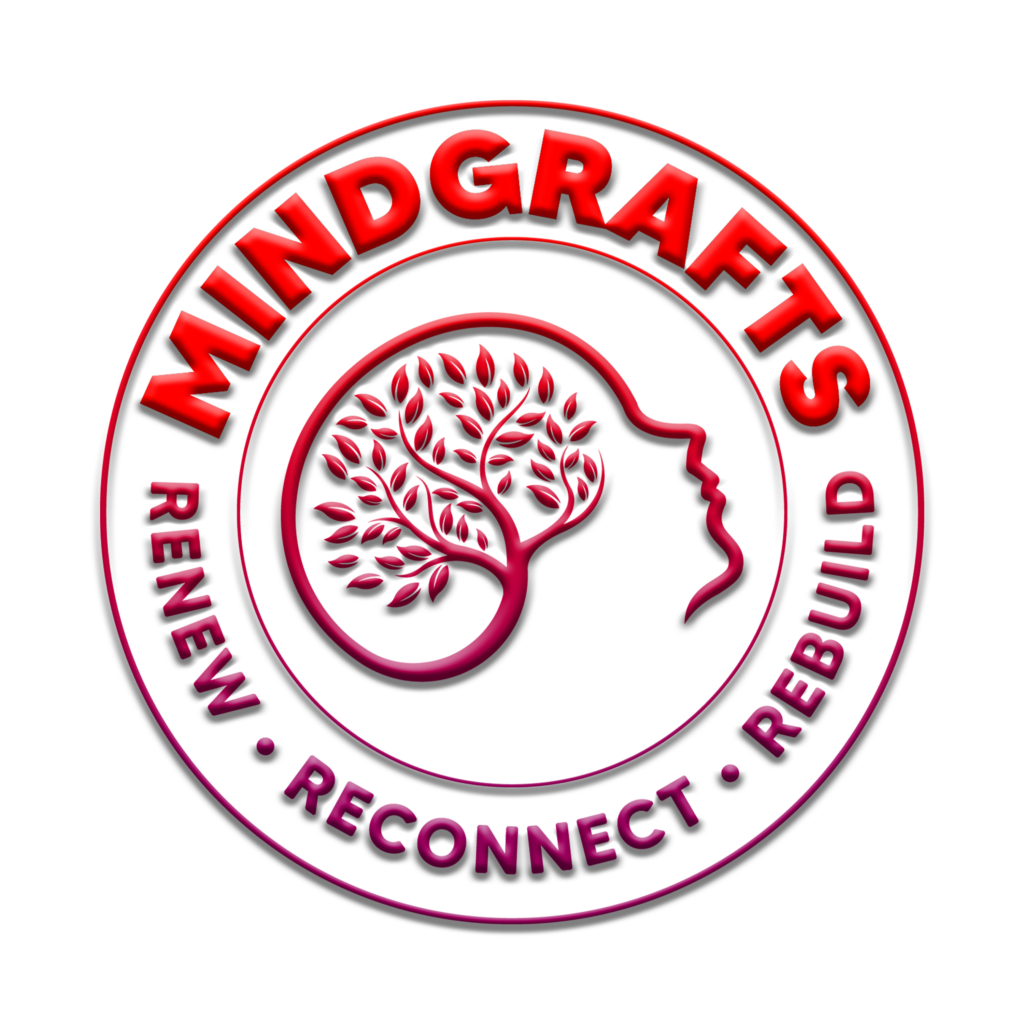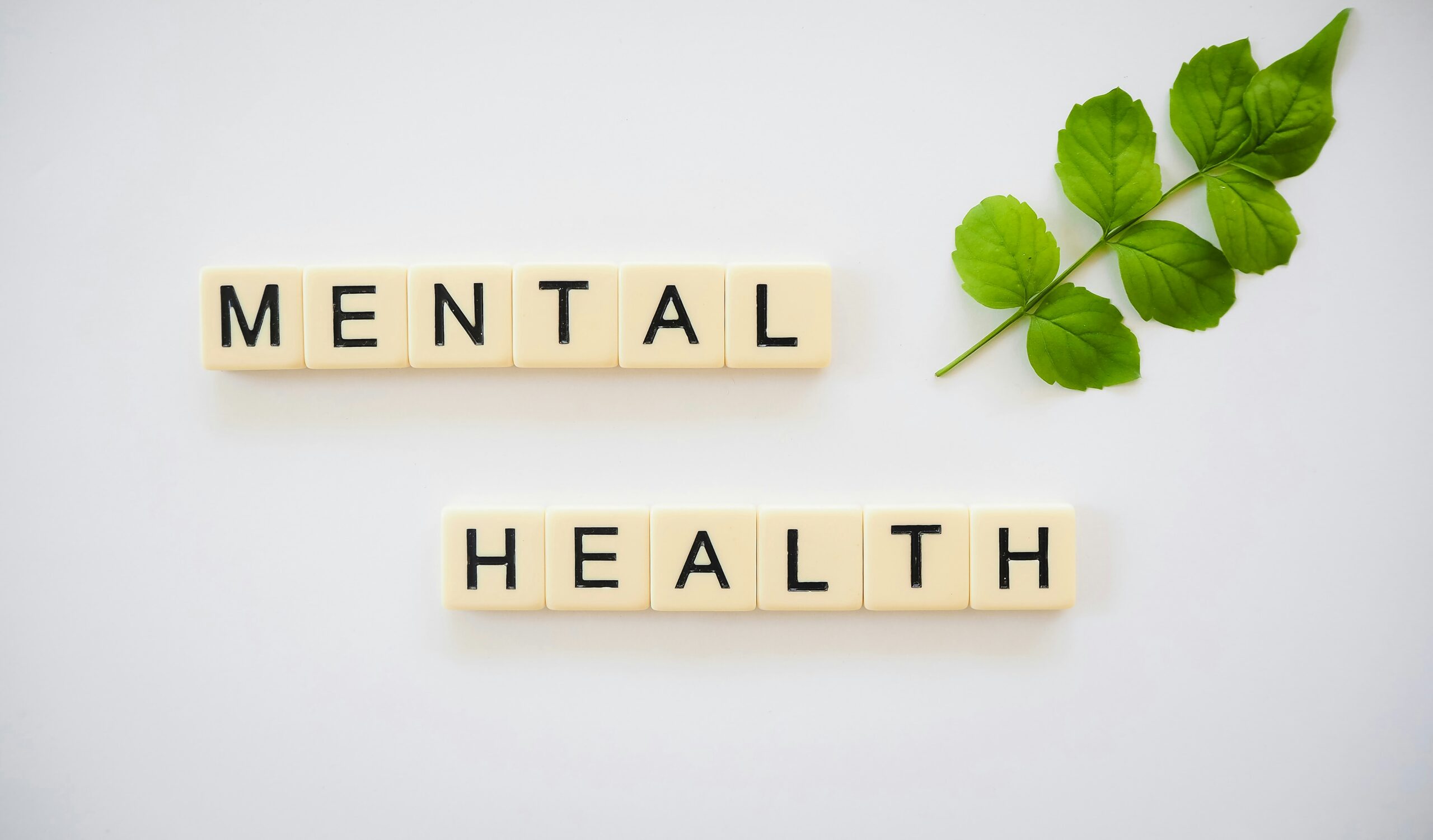Stigma and mental health concerns are among the critical obstacles that prevent individuals from seeking assistance or even talking about their experiences. Stigma manifests as negative stereotypes and a sense of shame that sets an individual apart from others. When a person is labeled by their illness, they are viewed as part of a stereotyped group.
The stigma attached to mental health issues originates from several sources:
Lack of Understanding:
Many people have a limited understanding of mental health issues and their causes, leading to fear or avoidance when encountering these challenges.
Media Representation:
The media often inaccurately or exaggeratedly portrays mental health issues, perpetuating stereotypes.
Personal Experiences:
People who have had negative interactions with those experiencing mental health challenges may develop distorted perceptions.
How We Can Help Each Other
People who have had negative interactions with those experiencing mental health challenges may develop distorted perceptions.
1. Educate Yourself and Others:
Learning about mental health can help dispel myths and misconceptions and reduce discrimination.
2. Be Mindful of Language:
Words have power. Avoid using stigmatizing language (e.g., “crazy,” “nuts,” “psycho”) and encourage others to do the same.
3. Promote Equality between Physical and Mental Illness:
Just as people should not be discriminated against for a physical illness, mental illnesses should be treated with the same seriousness and care.
4. Show Compassion for Those with Mental Health Challenges:
Express kindness and empathy towards those facing mental health issues. Your attitude can influence others in your community.
5. Choose Empowerment Over Shame:
Promote understanding and support. Encourage people to seek help without judgment.
6. Advocate for Better Mental Health Resources:
Push for accessible mental health services and support systems in communities and workplaces.
7. Share Your Own Stories:
Sharing personal stories responsibly can reduce stigma by making struggles more relatable and inspiring others to seek help.
The journey towards a stigma-free society starts with understanding and empathy. Every step taken to educate, understand, and support helps dismantle stigmas and assures people they aren’t alone. Let’s be pillars on which the bridge to better mental health is built, ensuring a supportive environment for everyone.


